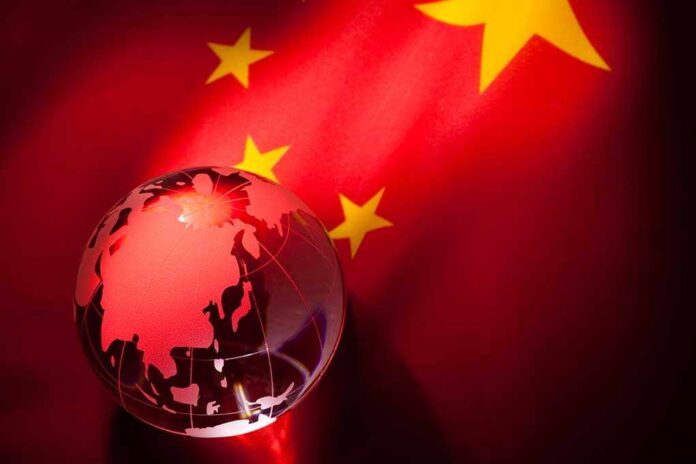Ever wonder why a performing arts group would rally in the heart of New York to stand against a foreign government’s influence right here in America?
At a Glance
- Hundreds of Shen Yun artists marched in New York, warning of Chinese Communist Party (CCP) repression in the U.S.
- Shen Yun aims to revive traditional Chinese culture, portraying “China before communism.”
- The CCP has actively opposed Shen Yun’s performances globally, attempting to disrupt their operations.
- Shen Yun operates from Dragon Springs in New York, serving as a hub for Falun Gong, a movement banned in China.
Shen Yun’s Mission Against CCP Influence
In a bold display of resilience, hundreds of Shen Yun artists recently took to the streets of New York, spotlighting the creeping influence of the Chinese Communist Party (CCP) on American soil. Shen Yun, a performing arts company founded by expatriate Chinese artists in 2006, aims to revive traditional Chinese culture as it existed before the CCP’s rise to power. These artists, many of whom fled religious persecution as followers of Falun Gong, are not just performing; they’re on a mission to preserve a cultural heritage that the CCP has long sought to erase.
The CCP’s opposition to Shen Yun’s efforts is no secret. The Party has consistently tried to discredit and disrupt Shen Yun’s performances worldwide. From diplomatic pressure on foreign governments to alleged sabotage attempts, the CCP has made it clear that it views Shen Yun as a threat to its narrative monopoly. Yet, Shen Yun continues to expand, with performances now in over 200 cities across 36 countries. This expansion isn’t just about spreading art; it’s about challenging the CCP’s version of history and cultural identity.
Cultural Preservation and Resistance
Operating from their Dragon Springs compound in upstate New York, Shen Yun artists are not just performers—they’re cultural warriors. They aim to separate Chinese cultural identity from the CCP’s narrative, emphasizing stories and legends from China’s dynastic past. Their performances are not only artistic but political, providing a platform for Falun Gong practitioners to share their experiences of persecution and resilience.
The CCP’s efforts to suppress this cultural initiative have been relentless. Despite the Party’s attempts to sabotage Shen Yun events by pressuring venues and even slashing tour bus tires, the company’s dedication remains unshaken. Shen Yun’s emcee, Leeshai Lemish, has publicly reinforced the company’s mission by stating that they are “showing the world what China was like before communism.” For many of these artists, the stage is a place of freedom where they can express their truths without fear of repression.
Impact and Implications
Shen Yun’s efforts have broad implications, both short-term and long-term. In the short term, their performances provide a unique platform for Falun Gong practitioners to share their stories, and for international audiences to witness an alternative narrative about China. In the long term, Shen Yun’s success contributes to the preservation and dissemination of traditional Chinese arts globally, challenging the CCP’s cultural hegemony.
Economically, Shen Yun’s tours bring significant revenue to local theaters and related businesses. Socially, their performances foster dialogue about religious freedom, human rights, and cultural preservation. Politically, Shen Yun has become a flashpoint in broader debates about China’s global influence. Their activities highlight the ongoing struggle for cultural identity and freedom in the face of authoritarianism.











